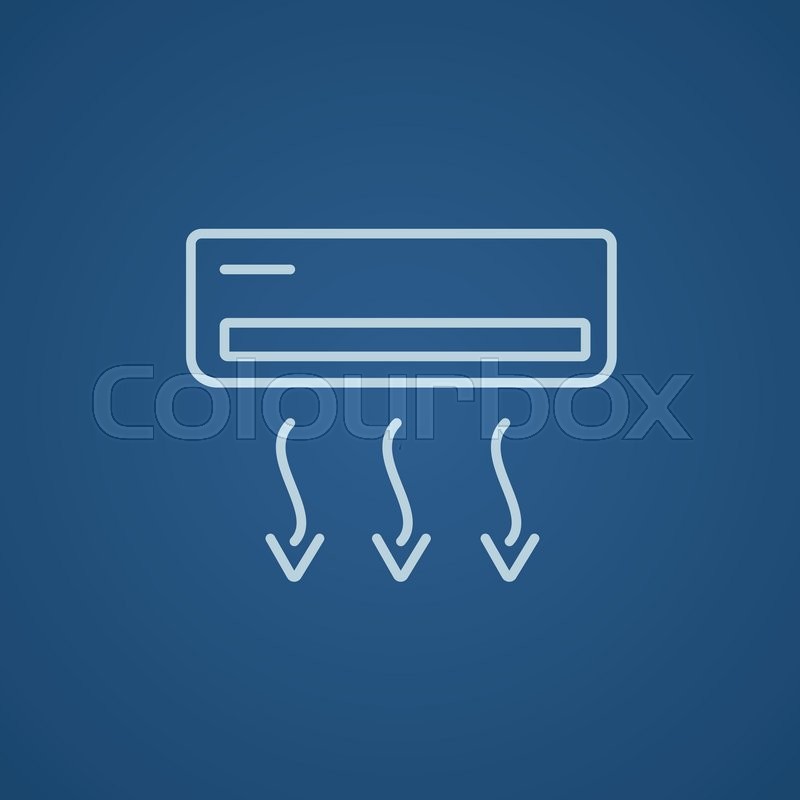Discovering The Ecological Advantages Of Warmth Pumps - A Sustainable Home Heating Solution
Discovering The Ecological Advantages Of Warmth Pumps - A Sustainable Home Heating Solution
Blog Article
Material Writer-Cox Zhou
In an age where sustainability and power performance are critical, numerous companies seek environmentally friendly heating options. One such option is the heatpump.
A heatpump removes the heat in its environments and pumps it right into your home, resulting in one of one of the most reliable green main heating systems around. This procedure additionally generates zero greenhouse gas discharges, making it an extremely sustainable innovation.
Energy Performance
Heatpump are very energy effective and require little maintenance. They make use of much less electrical power than other heating systems and are without a doubt one of the most environmentally friendly. They function well with rooftop solar and can frequently pay for themselves in utility savings alone.
They can also provide air conditioning, which is fantastic for garage workshops, attic room hangouts and perk rooms, and home additions without extending the existing ductwork. They can also be used for retrofits in existing homes with hydronic (water-based) circulation systems such as reduced temperature level radiators or radiant floors.
Seek models with SEER and HSPF rankings that satisfy or surpass Canada's minimum requirements, as well as the requirements in your region. residential heat pumps imply greater effectiveness, which saves you cash over time and lowers your carbon impact. You could also get approved for discounts and incentives! The most effective units are those with a ground warmth exchanger for added effectiveness. These units can absorb thermal energy from the ground during the winter and extract it in the summer.
Decreased Greenhouse Gas Emissions
Heat pumps run on power and essentially move warmth from the air, even when it's chilly outside. They are able to remove the cost-free heat trapped in air bits and move them inside, minimizing humidity while doing so.
Compared to gas heaters, modern-day heatpump utilize less than one kilowatt of power per kilowatt of home heating power they create. This makes them the most energy effective home heating option offered with a POLICE (Coefficient of Performance) of 4 or even more. By slashing the demand for nonrenewable fuel sources, heat pumps help in reducing greenhouse gas discharges and cut various other major air contaminants.
Building decarbonization is a global imperative, and the HVAC market is an essential chauffeur of that process. Whether it's investor making web zero dedications, plan manufacturers setting discharges restrictions, or renters requiring greener spaces, electric heatpump are being identified as a crucial solution. They are a cost-efficient way to decrease carbon exhausts by eliminating the need for fossil fuels in structures.
Versatility
Heat pumps can be used in several types of homes and buildings-- with or without ducts. They collaborate with hot-water radiators, air-conditioning and programmable thermostats. They can replace heaters or be installed in new homes. They can operate on photovoltaic panels, geothermal systems or perhaps district home heating resources like wastewater.
They're excellent at supplying even more heat per energy system. For example, an air-source heatpump generates as much as three or more heating systems from each power device it consumes.
Getting the most from your heatpump will certainly rely on your environment area and high quality of insulation. Look for christchurch heat pump installation with power celebrity rankings and contrast their SEER or HSPF specs. In warmer environments, concentrate on SEER; in chillier areas, take into consideration a system with a higher HSPF score. On top of that, buy air securing and insulation to lower the load on your heatpump. That will enhance energy performance and aid you reach your Internet No objectives faster.
visit the following website use timber pellets, chips or logs to develop heat and hot water. They are a good selection for off-grid residential or commercial properties or those that wish to leave the gas grid.
As https://chanceskanc.blogdeazar.com/29443844/the-clear-cut-overview-to-choosing-the-right-size-heatpump-for-your-home , biomass can give adequate energy to keep your home warm all the time without the typical warm drop off of other renewable innovations. They can additionally be made use of in conjunction with photovoltaic panels to maximise savings and benefit from RHI payments.
A disadvantage of these systems is the in advance expense and regular gas deliveries. Often, pellets will need to be blown right into a fuel shop using a vacuum cleaner system or they can be manually fed into the central heating boiler with a hopper. Logs are generally self-sourced from nearby forest or gotten wholesale. As well as this, they need hand-operated loading and might require cleansing often.